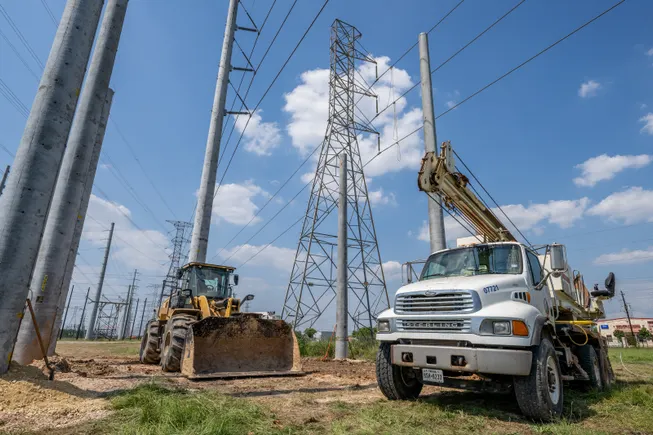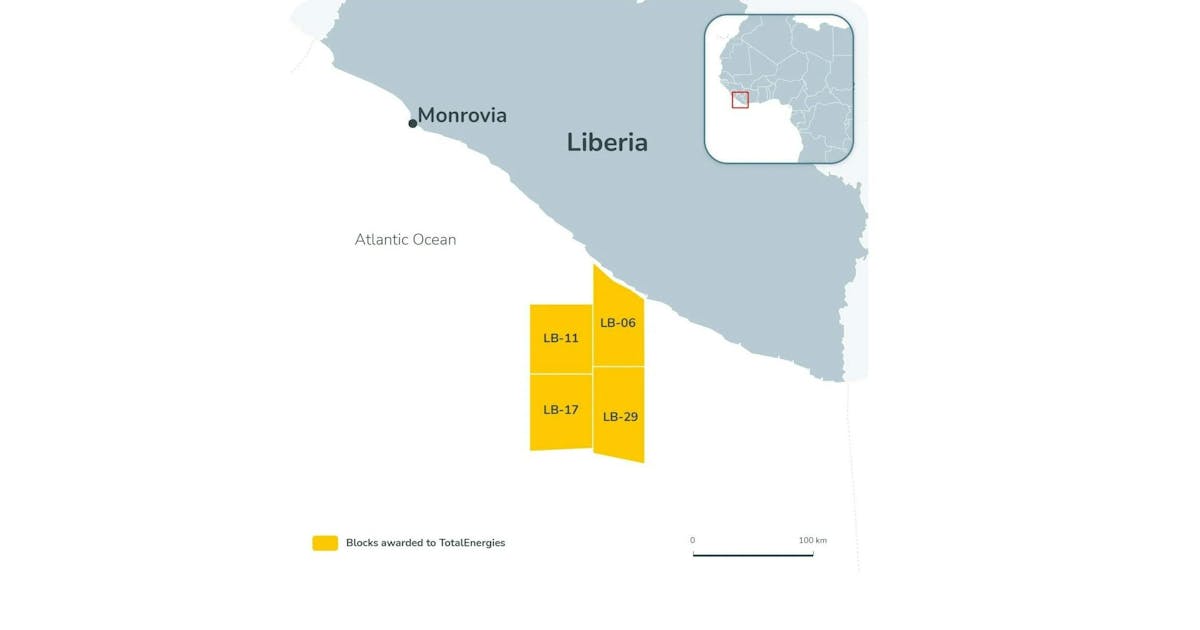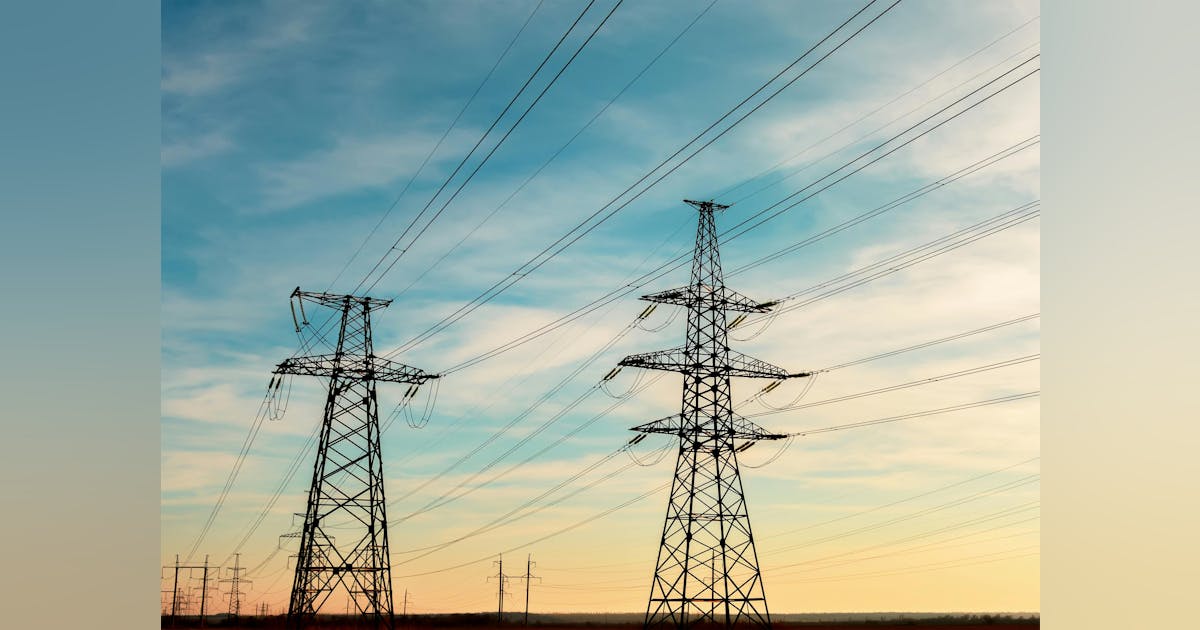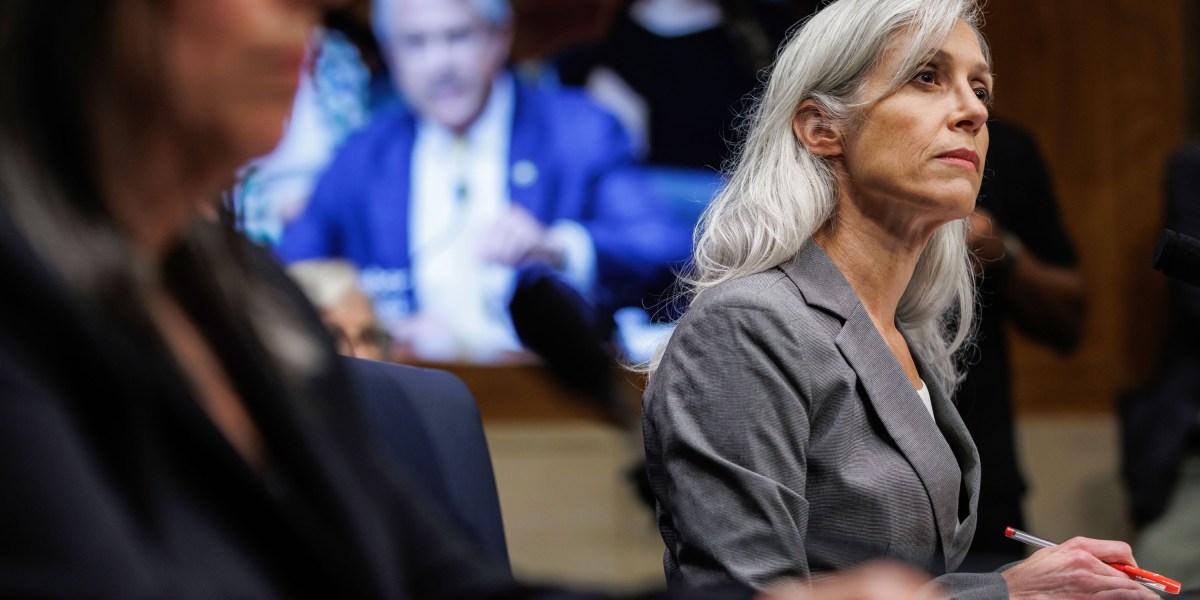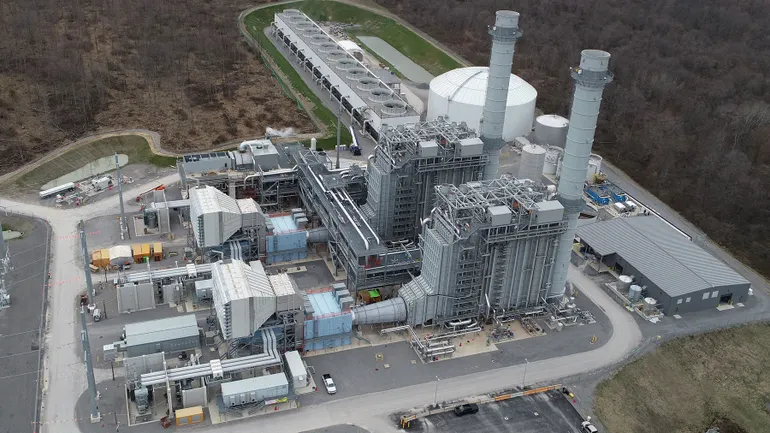
The U.S. House of Representatives passed a bill Thursday that could give dispatchable power plants priority in interconnection queues.
“The interconnection queue is overwhelmed and bogged down, leaving shovel-ready power projects waiting for years while demand continues to climb,” Rep. Troy Balderson, R-Ohio and the bill’s sponsor, said in a press release.
Under the GRID Power Act, FERC would have 60 days to review proposals from regional transmission organizations and independent system operators for specific projects that would be pushed to the head of interconnection queues.
The RTOs and ISOs would have to show the proposed projects would bolster grid reliability and resilience, according to the legislation. The bill defines dispatchable power as “an electric energy generation resource capable of providing known and forecastable electric supply in time intervals necessary to ensure grid reliability.”
The bill requires FERC to start a rulemaking process to implement the legislation within 90 days after the bill becomes law and to complete the rulemaking within 180 days.
Sens. John Hoeven, R-N.D., and Todd Young, R-Ind., have introduced a companion bill in the Senate.
The Electric Power Supply Association, a trade group for power producers, supports the bill.
“It has been surprising to hear that opponents of the GRID [Power] Act believe that this process will become chronic or habit-forming for grid operators or somehow represents a permanent barrier or level of discrimination against non-dispatchable projects,” EPSA President and CEO Todd Snitcher said in a “backgrounder” on the bill. “If the immediate reliability need doesn’t exist or can’t be explained, and FERC isn’t convinced both to the urgency and efficiency of the proposal, then queue prioritization doesn’t take place.”
The Sierra Club said the bill — along with two other energy bills that passed the House Thursday — would hamper efforts to build cleaner, more reliable energy sources, like wind and solar, that can be built more quickly than fossil-fueled power plants.
“House Republicans have continued the claim they want abundant, affordable, American-sourced energy while doing everything in their power to block clean energy progress and prop up dirty, expensive energy sources of the past,” Beyond Fossil Fuels Policy Director Mahyar Sorour said in a statement. “Energy prices continue to skyrocket as Trump blocks clean energy investment, and these bills will only ensure that rates continue to climb.”






